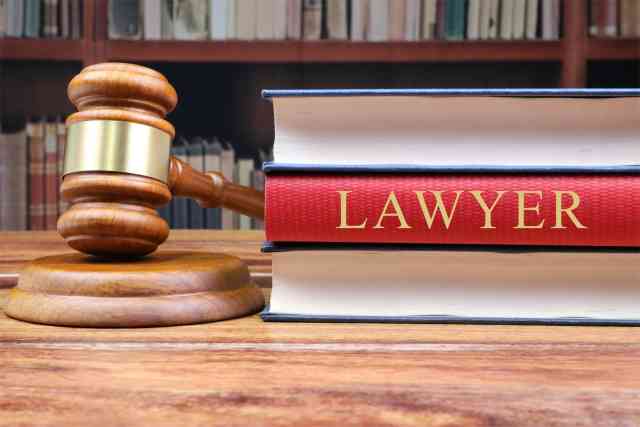A lawyer is a person who advises and represents private businesses, individuals, and government entities in legal and dispute resolution. The lawyer job description is the set of duties and responsibilities of the attorney after completing the required education.
Law professionals are referred to differently in various countries, including solicitors or barristers in the United Kingdom, attorneys in the United States of America, and lawyers in Asian countries.
What education does a lawyer require?
In general, most countries require lawyers to have a graduate degree to practice law. In the United State Juris Doctor degree (JD) is normally required for this profession.
Some lawyers hold the LLM (Master of Laws), but the majority of legal professionals hold the LLB Bachelor of Laws in the initial stage.
There is an international practice, Professionals in this field must receive a license from the country’s BAR council or, in some countries, state bar admission before starting a legal career.
lawyer job description;
A lawyer is someone who studies or practices the law of a country and advises a client, on a legal issue. Whether you work in a law office, wish to work in a country’s legal system, or wish to start your own law firm, you should be aware of the following obligations and responsibilities:
- Draft the legal documents such as negotiating contracts, leases, and others.
- Advice the clients or the potential client on the legal matter.
- Conduct research to see how the facts impacted existing country or state law.
- Obtaining witness statements and conducting site inspections to uncover evidence that protects the clients.
- Argue motions and make appearances in other pretrial court proceedings
- Follow the current federal and state laws and regulations.
- practice legally, If current federal or state regulation in the country has impacted the client’s business.
- Manage good relations with co-counsel.
- Provide legal advice to the company’s top management on the legal issue that has arisen.
- Follow the court’s order or the judge’s settlement and ensure that both parties have complied.
The above are the lawyer’s duties and responsibilities, but there may be much more you need to do for the legal proceeding on behalf of your clients.
To be successful in a court hearing, an attorney should have some exceptional knowledge of the country’s law and skills to perform an argument. Here are some skills you should work on every day if you want to be the best attorney in your field.
lawyer skills every professional should have.
-
Exceptional written and communication skills;
Any case is won or lost based on the written submissions made by the lawyers before their presence; consequently, you must possess great writing ability.
To effectively defend your client, you need to have good oral or verbal communication skills; if you believe you are lacking in these areas, work on them.
2. Analytical skills;
There may be numerous hidden mysteries in a case, but as a lawyer, you should be able to determine if the case is winnable or not and advise the client accordingly.
3. Empathy and compassion;
Clients come to you when they have a problem; if you assist them in their time of need, they will never forget you. Similarly, when you demonstrate empathy and compassion, as well as an awareness of the client’s needs, you might be the best person they’ve ever encountered.
4. Honesty and trustworthiness;
You should not reveal anything that the client provides you for court hearing evidence. Each fact they provide you is based on their trustworthiness, and therefore, you should respect the client’s confidentiality and ethical standards.
The above points apply to the majority of the lawyer job descriptions. The type of work and organization in which you are going to join may require something additional including these.
If you are new to this profession, it is important that you have theoretical knowledge of duties and responsibilities and strive to incorporate them into your work.
